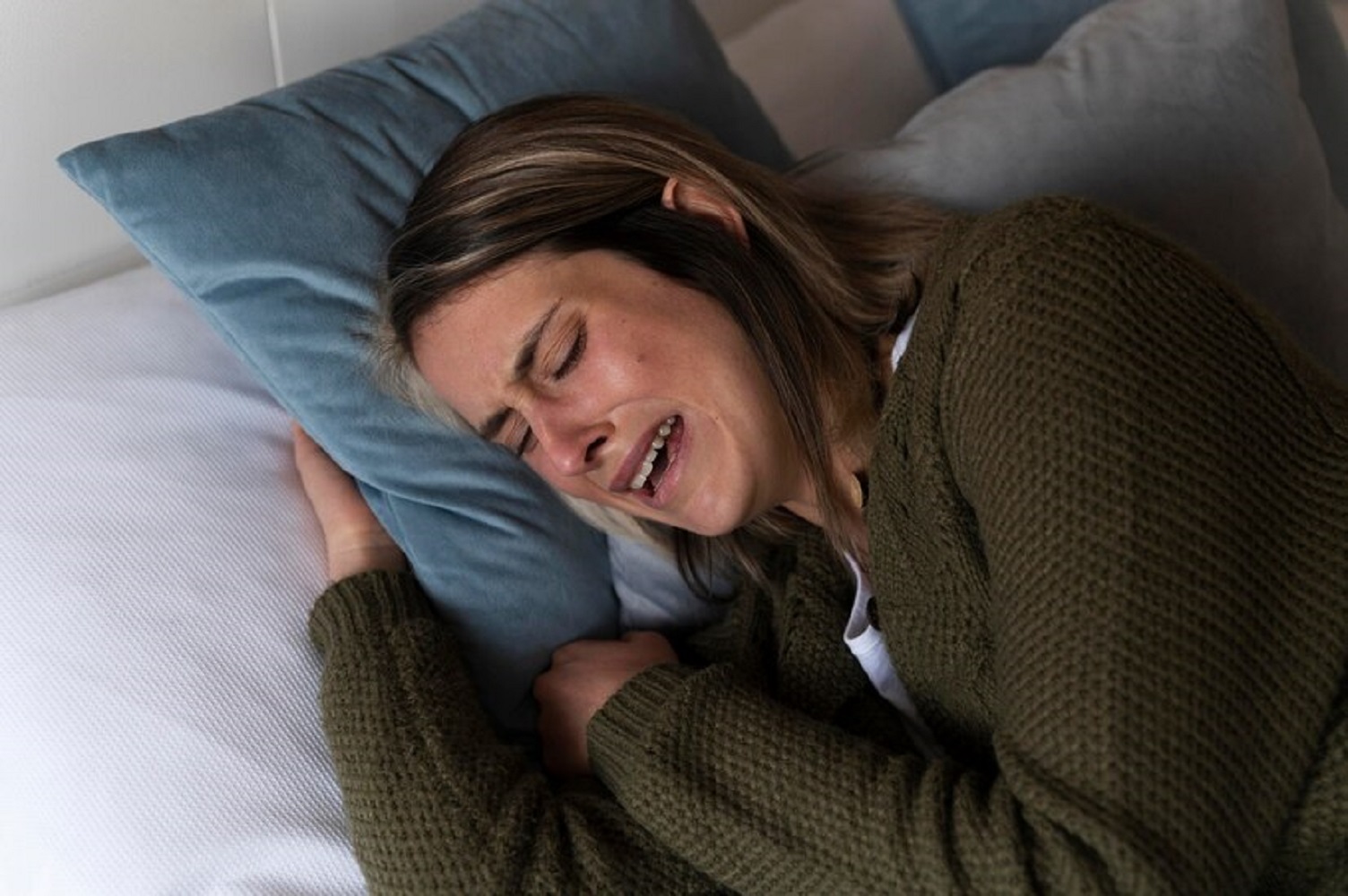How day nap can harm your night sleep, when it might actually help
 How much and when should you nap during the day (photo: Freepik.com)
How much and when should you nap during the day (photo: Freepik.com)
Daytime napping is a natural way to recharge, but its impact on nighttime rest raises many questions. Does a short nap during the day reduce the quality of nighttime sleep?
RBC-Ukraine explains how to avoid the negative effects of daytime sleep and maintain balance.
Optimal duration of a daytime nap
The key factor in how daytime napping affects nighttime rest is its duration. It's best to limit daytime rest to 20-30 minutes, which helps improve productivity and mood without disrupting nighttime rest.
If sleep lasts longer than 90 minutes, the body enters deep stages of sleep, which can make it harder to fall asleep at night. Additionally, long naps often lead to "sleep inertia" - a state of sluggishness after waking up.
For children and people suffering from sleep deprivation, daytime sleep can be longer, but only if the overall amount of nighttime sleep is maintained.
Best time for a daytime nap
The optimal time for daytime rest is between 12:00 and 3:00 PM, when the body naturally reduces activity. During this time, energy and concentration levels drop, making sleep particularly effective.
Sleeping after 3:00 PM can interfere with nighttime sleep, as the body is already preparing for rest. Morning naps are also not recommended, as they may disrupt waking rhythms and affect daytime productivity. It's important to avoid naps after 4:00 PM, as this disrupts the natural circadian rhythm.
Benefits of a short daytime nap
A short daytime nap has many benefits: it helps improve memory, concentration, and overall mood. Just 20 minutes of rest can boost performance by 30-40%. Additionally, such naps reduce stress and help strengthen the immune system.
Scientific studies show that even 10 minutes of sleep can significantly reduce fatigue. Daytime naps are also beneficial for athletes, helping to restore energy after workouts.
 Long daytime naps do not refresh but rather drain energy (photo: Freepik.com)
Long daytime naps do not refresh but rather drain energy (photo: Freepik.com)
Harmful effects of a long daytime nap
Excessive daytime napping can negatively impact nighttime rest and overall well-being. A long nap during the day can lead to insomnia or frequent awakenings at night. This is especially dangerous for people with insomnia, who already struggle to fall asleep.
Moreover, extended daytime rest can disrupt the biological clock and reduce concentration during the day. It's important to avoid napping after lunch if you notice it affects your ability to fall asleep at night. Instead, try short relaxation exercises or a walk.
How to avoid the negative impact of a daytime nap
To avoid the negative impact of a daytime nap on nighttime rest, follow a few simple rules. First, limit the nap duration to 20-30 minutes. Second, avoid napping after 3:00 PM to maintain your circadian rhythm.
Create a comfortable environment for daytime rest: a shaded room, silence, and a comfortable position will help you fall asleep quickly. It's also important to avoid caffeine and heavy meals before napping, as these can make it harder to fall asleep.
Alternatives to a daytime nap for recovery
If daytime rest isn't suitable for you, there are other ways to recharge your energy. A short walk outdoors can be just as effective as a nap. Stretching exercises or meditation also help relieve fatigue and increase concentration.
Drink enough water, as dehydration often leads to fatigue. Listening to relaxing music or taking a 10-minute break for deep breathing can help maintain energy without disrupting nighttime sleep.
Sources: TED, WebMD, Sleep Foundation.
This material is for informational purposes only and should not be used for medical diagnosis or self-treatment. Our goal is to provide readers with accurate information about symptoms, causes, and methods of detecting diseases. RBС-Ukraine is not responsible for any diagnoses that readers may make based on materials from the resource. We do not recommend self-treatment and advise consulting a doctor in case of any health concerns.

